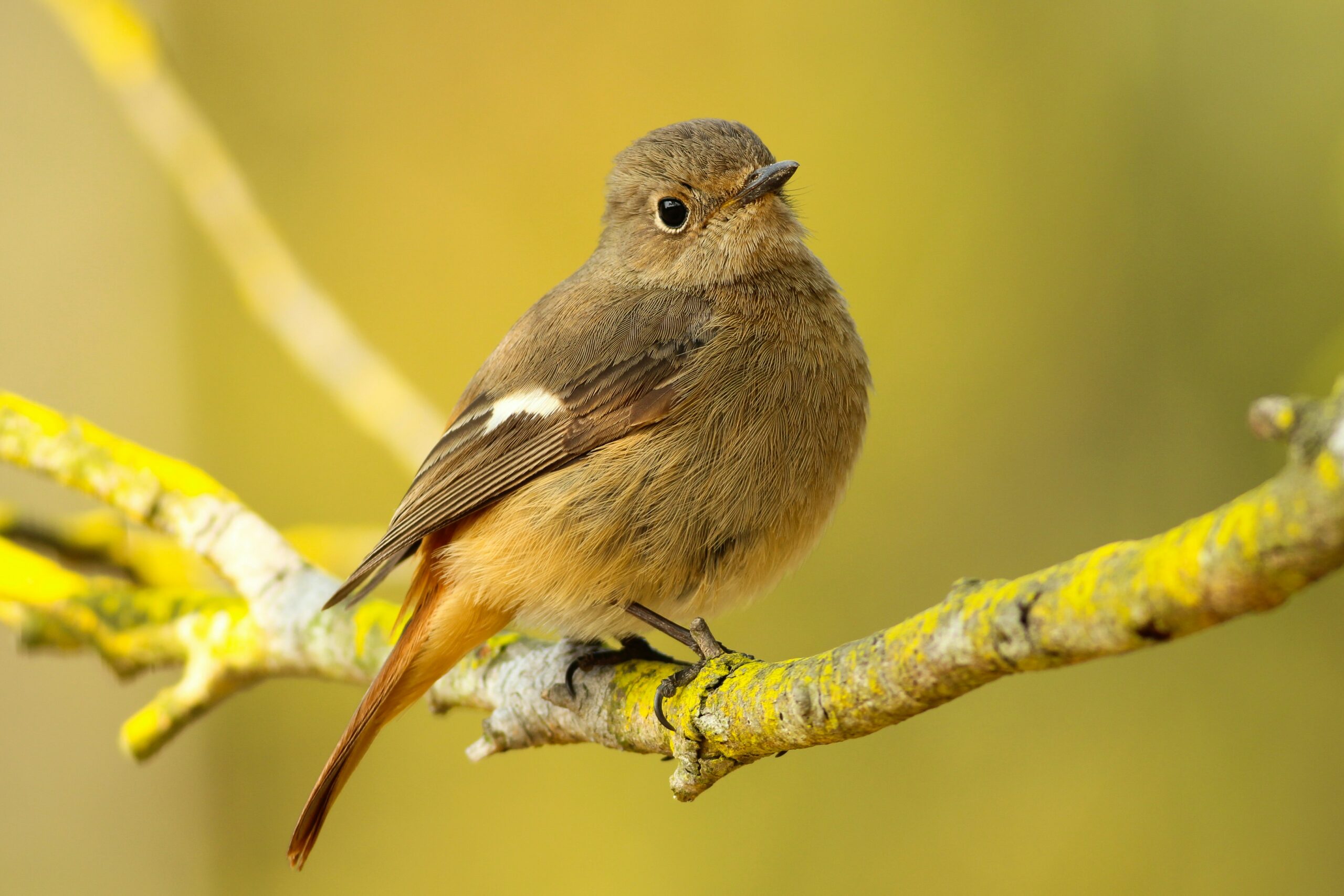Meaning
Short Form
Pip is a diminutive form of various names, most notably **Phillip**, **Philip**, and **Piers**. It has origins in both Latin and Greek languages.
Latin Origins:
- Phillip/Philip: Derived from the Greek name *Φίλιππος* (Philippos), meaning “lover of horses” or “horse-friend”.
Greek Origins:
- Piers: A variation of **Peter**, ultimately derived from the Greek name *Πέτρος* (*Petros*), meaning “rock” or “stone”.
History and Usage:
- As a diminutive, **Pip** gained popularity in English-speaking countries during the 19th century.
- It became especially prevalent following Charles Dickens’ use of the name **Pip** in his classic novel *Great Expectations* (1860).
Popularity:
- While not as common a given name as its parent names, **Pip** continues to be a charming and unique choice for babies.
Nickname Origin
Pip is a diminutive, affectionately shortened version of several names, primarily Philip.
Philip itself is of Greek origin, derived from the elements “philos” meaning “loving” and “ippos” meaning “horse.” Combined, it signifies “lover of horses.” This name gained popularity through biblical figures, notably Philip the Apostle, one of Jesus’s twelve disciples.
As a nickname, Pip evolved organically from Philip over time. The use of diminutive nicknames is a common linguistic phenomenon, especially in English-speaking cultures.
Such nicknames often create a sense of familiarity, endearment, and informality.
Pip has transcended its original connection to Philip to become a standalone name with its own distinct character. It evokes a sense of youthfulness, innocence, and playfulness.
Notable examples include Pip from Charles Dickens’s novel “Great Expectations,” where it adds to the character’s childlike spirit and vulnerability.
The nickname Pip continues to be used today for both boys and girls, reflecting its enduring charm and versatility.
Origin and History
Early Usage
The name Pip has a charmingly simple yet rich history, evolving from various sources over time.
Its origins can be traced back to several possibilities:
- A nickname: One prominent theory suggests that Pip originated as a pet form of longer names like “Philip” or “Piers.” These diminutives, common in many cultures, often arose naturally within families or communities.
- Shortened from “Piper”: Another possibility links Pip to the occupational surname “Piper,” referring to someone who played the pipe, a traditional musical instrument. This connection lends an air of folk charm and rusticity to the name.
- Latin roots: Some scholars propose a connection to the Latin word “pipere,” meaning “to chatter” or “to pip.” This suggests that Pip might have been associated with someone who was lively, talkative, or quick-witted.
The earliest recorded instances of Pip in English literature provide fascinating glimpses into its evolution and usage:
- Middle English (13th-15th centuries): During this period, Pip appeared primarily as a variant spelling of “Piers,” often used in romances or folktales.
- Shakespearean Era (16th century): Shakespeare’s use of Pip in his plays, though limited, cemented its place in the English language. For example, he employed it as a character name in “The Two Noble Kinsmen.”
It wasn’t until the Victorian era that Pip truly blossomed into a popular given name, particularly after Charles Dickens’s iconic novel “Great Expectations” (1861). The beloved protagonist, Pip, captivated readers with his innocence and journey of self-discovery. This literary association undoubtedly propelled Pip’s popularity among parents seeking a charming and timeless name for their children.
Evolution Over Time
The name Pip has a charming simplicity that belies its rich history and multiple origins.
One prominent theory traces Pip back to its use as an English diminutive, a shortened version of longer names like “Philip” or “Piers”.
“Philip” itself is of Greek origin, derived from the word “philos,” meaning “lover” or “friend.” So, in this context, “Pip” carries a sense of warmth and affection.
Another possible origin lies in the Middle English term “peppe,” which referred to a young piglet.
This association with a playful and energetic animal adds a layer of lightheartedness to the name.
Throughout history, Pip has been used in various forms across different cultures and languages. In medieval England, it often appeared as “Pypp” or “Pippett,” reflecting the evolving pronunciation and spelling conventions of the time.
As time progressed, Pip solidified its place as a standalone name, gaining popularity in both literature and everyday life.
It was particularly embraced by writers who sought to evoke a sense of innocence, charm, or even mischief in their characters.
For example, Charles Dickens immortalized the name “Pip” in his iconic novel “Great Expectations,” cementing its place in literary history.
The enduring appeal of Pip likely stems from its versatility and ability to resonate with people from diverse backgrounds.
It is a name that can be both endearing and strong, evoking a range of emotions depending on the context.
Whether derived from “Philip,” “peppe,” or another source entirely, Pip has established itself as a timeless name with a captivating history.
Cultural Significance
Literary Associations
The name “Pip” carries a significant cultural weight, often evoking images of youthful innocence, playfulness, and resilience. Its origins lie in the diminutive form of various names like Philip or Peter, suggesting a historical association with strength and leadership.
However, Pip transcends its etymological roots to become a powerful symbol in literature. Charles Dickens’s “Great Expectations” immortalized the name through its titular character, Pip, a young orphan who navigates societal expectations and personal growth.
Dickens’s Pip embodies the universal struggle for identity and belonging. His journey from humble beginnings to aspirations of social advancement resonates with readers across generations. The simplicity and brevity of “Pip” perfectly encapsulate his innocence and vulnerability, contrasting with the complexities of his evolving world.
Beyond Dickens, the name “Pip” has appeared in various literary works, often signifying characters marked by their sincerity, determination, or unique perspectives. It has become synonymous with a certain type of hero – someone who overcomes adversity through courage, loyalty, and unwavering kindness.
Moreover, “Pip” holds a place in contemporary culture, appearing in popular media, from animated films to modern novels. This continued presence solidifies its status as a name imbued with enduring meaning, transcending time and literary boundaries.
Modern Interpretations
The name “Pip” carries a rich cultural significance that has evolved over time, encompassing both historical roots and modern interpretations.
Origin and Historical Context:
• “Pip” is primarily considered an English diminutive of the names Philip, which originates from the Greek name “Philippos,” meaning “lover of horses.”
• Historically, “Pip” was predominantly used as a nickname for boys named Philip or similar variations like Percival or Peter.
• In the late 19th and early 20th centuries, “Pip” gained popularity as a stand-alone given name, often associated with youthful charm and innocence.
Literary Influence:
• Charles Dickens’s iconic novel “Great Expectations” (1860–1861) significantly contributed to the cultural perception of “Pip.” The protagonist, Philip Pirrip, affectionately known as “Pip,” became a symbol of youthful hope and ambition amidst challenging circumstances.
• Dickens’s portrayal of “Pip” imbued the name with literary associations of resilience, self-discovery, and ultimately, redemption.
Modern Interpretations:
• Today, “Pip” is primarily given as a masculine first name, but it occasionally appears as a unisex choice.
• The name retains its connotations of youthful energy, playfulness, and a touch of whimsy.
• Modern interpretations often associate “Pip” with characters who are endearingly unconventional or possess a quirky charm.
- Best LeadsGorilla Alternatives for 2025 - April 26, 2025
- Best Overloop Alternatives for 2025 - April 25, 2025
- Best Lead411 Alternatives for 2025 - April 25, 2025


